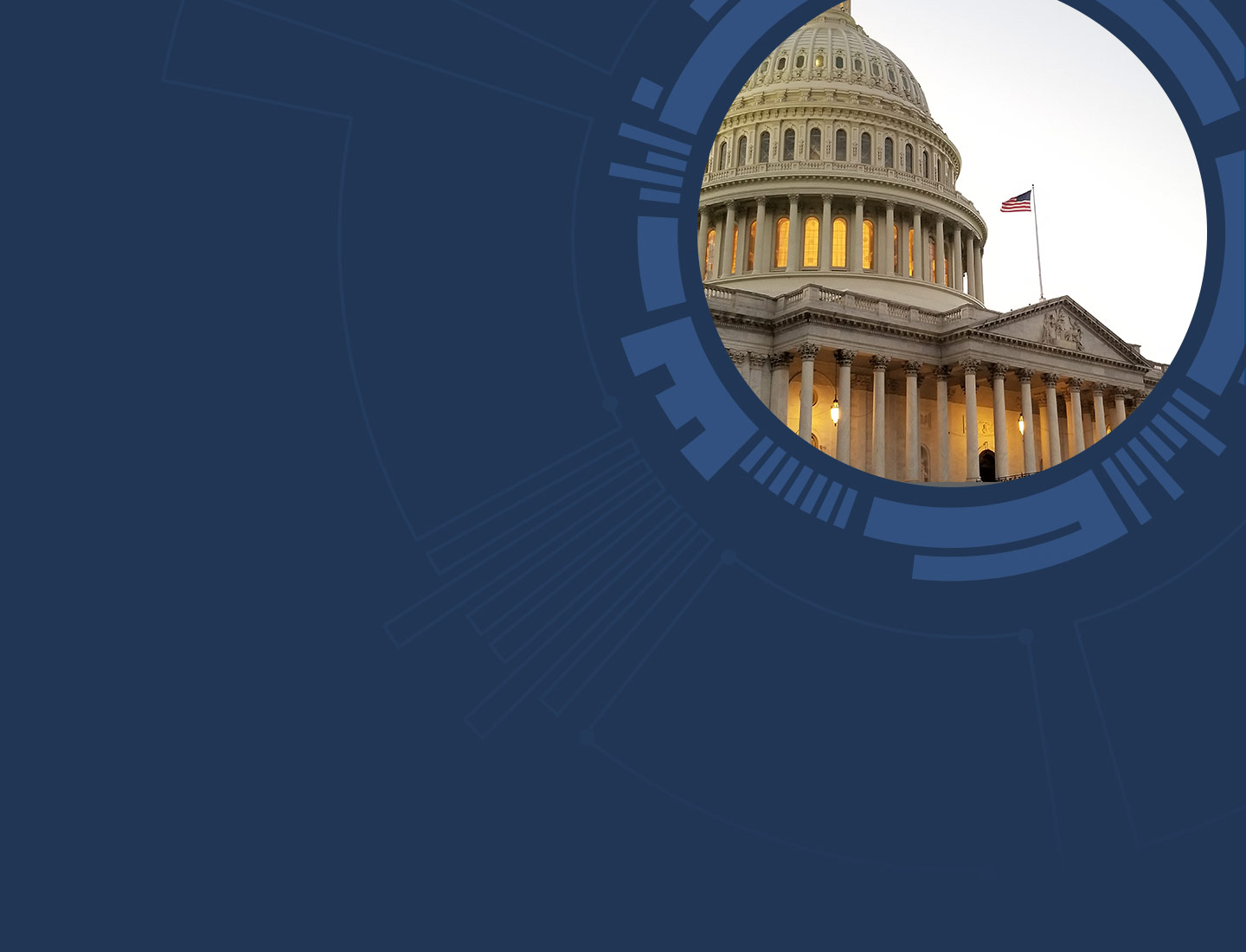
Artificial Intelligence Series
The AAAS S&T Policy Fellowships (STPF) is hosting a special virtual panel discussion – Healthcare, Equity, & AI: Navigating Policy Challenges & Opportunities. This discussion continues our series of events focusing on AI policy development. We hope you can join us!
Event Information
Recent advances in generative artificial intelligence (AI) have spurred dynamic policy conversations around innovation, regulation, security, risk, equity, ethics and many other issues. In these quickly evolving and complex policy conversations, concerns around equity in the development and deployment of AI are paramount.
Join us for a thought-provoking panel discussion and explore the intersection of equity, artificial intelligence, and healthcare. This session will address the role of policy in shaping equitable AI applications in healthcare, accessible and affordable AI-driven healthcare solutions, and the importance of involving underrepresented communities in the development and deployment of AI technologies. Our panel of scientists and policy experts will discuss the complexities of using AI in healthcare and explore potential insights for addressing equity concerns when deploying AI in other areas.
The STPF community is invited to this event, including current fellows, alumni, and partners.
Event Format: Virtual
By registering for this event, participants acknowledge and agree to the AAAS policies and health and safety guidelines available here: https://www.aaas.org/events/policies
Date: Thursday, April 18
Time: 1:00 p.m. to 2:30 p.m.
Location: Virtual

Dr. Melissa Laitner

Dr. Rebecca Rosen
Rebecca Rosen, Ph.D., is the director of the Office of Data Science and Sharing at NICHD, where she oversees responsible use of data and biospecimens generated by the NICHD community. She also is the product owner for the NIH Researcher Auth Service (RAS), a resource for centralized and secure identity and access management across the NIH research data ecosystem.
Previously, Dr. Rosen was a Senior Advisor in the Office of Technology Development and Coordination at the National Institute of Mental Health (NIMH) and the program lead for the NIMH Data Archive (NDA). NDA, NIMH’s single data repository for human subjects data, securely makes available for secondary analysis clinical, phenotypic, imaging, and -omics data from more than half a million research participants.
Prior to joining NIH, Dr. Rosen was a Research Assistant Professor at New York University’s (NYU) Institute for the Study of Decision Making and chief data officer for the Human Project. She also was Associate Director for Data Resources and Data Strategy at NYU’s Center for Urban Science and Progress. Before joining NYU, Dr. Rosen co-founded the Center for the Science of Science & Innovation Policy at the American Institutes for Research, working with U.S. and international science funders to build data platforms for research management. She has been a Policy Analyst at both the National Science Foundation and NIH. Dr. Rosen earned a Ph.D. in neuroscience from Emory University and a B.S. in psychobiology from Yale University.

Dr. Suchi Saria
